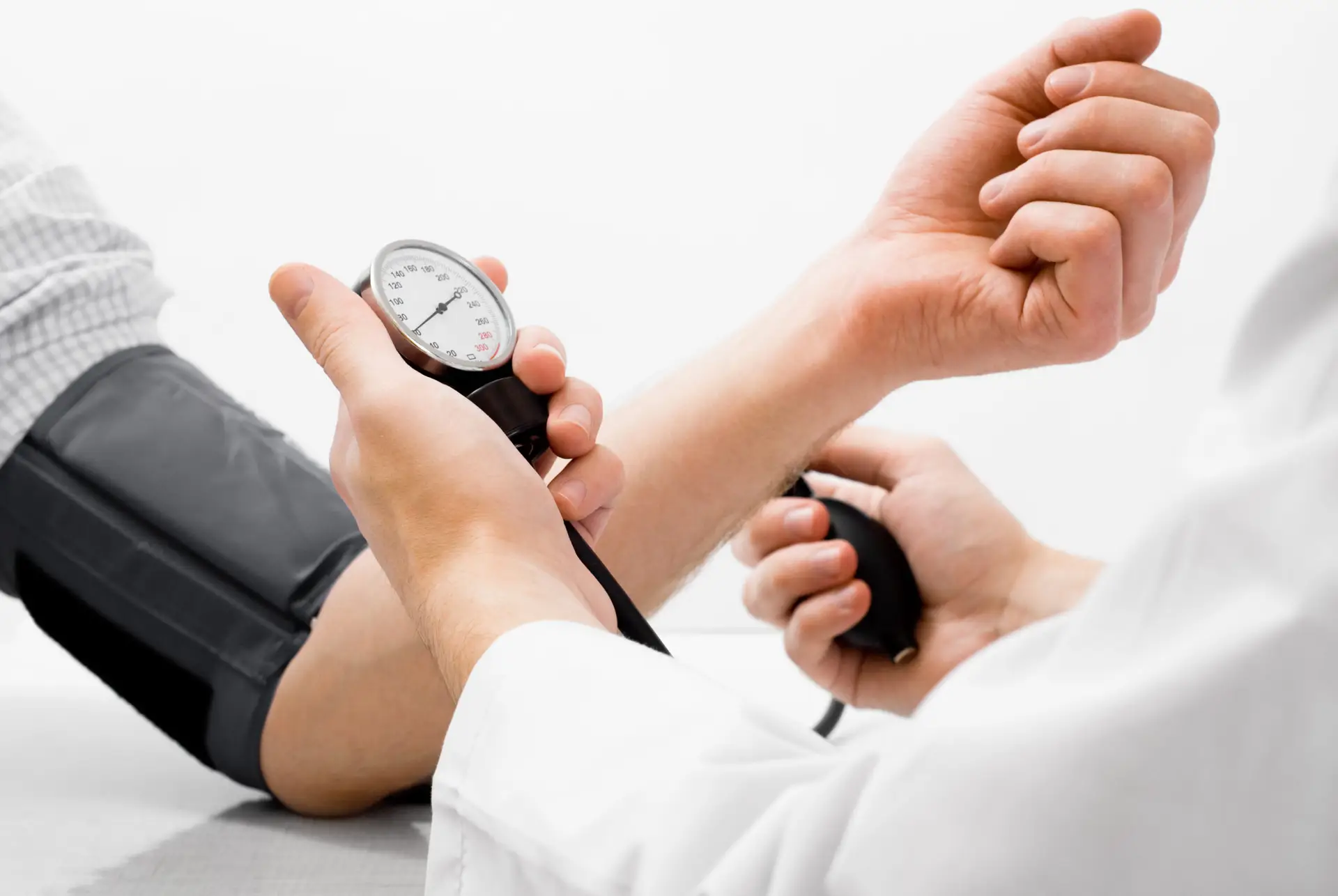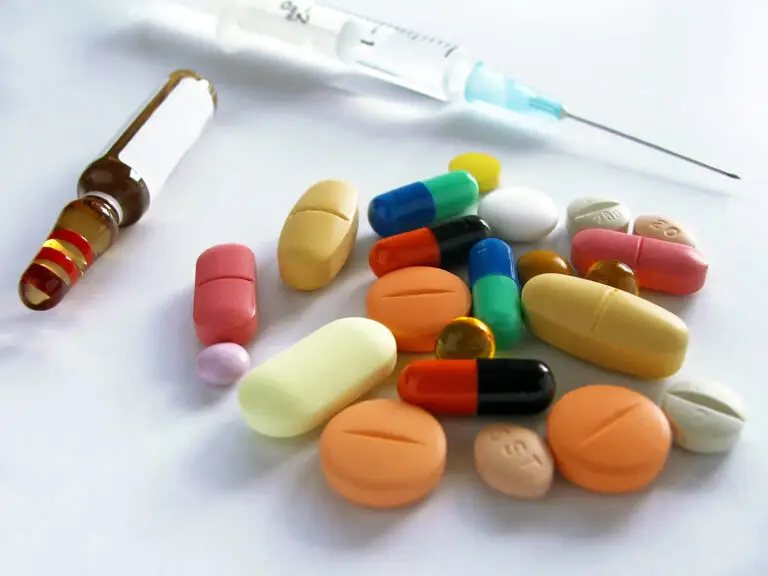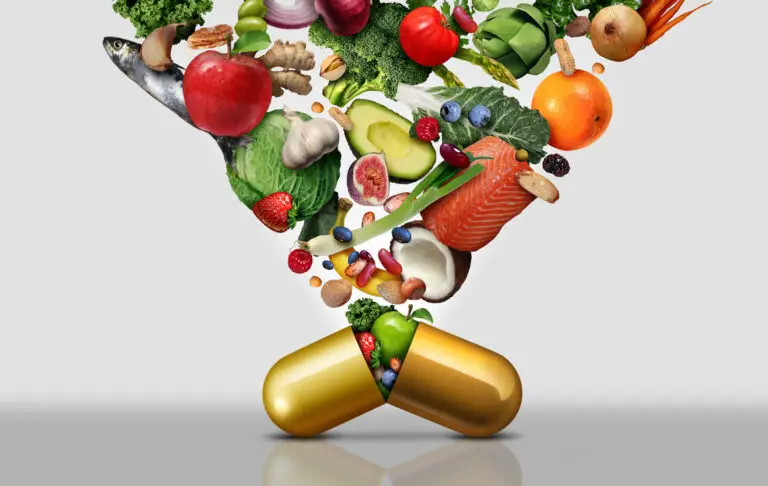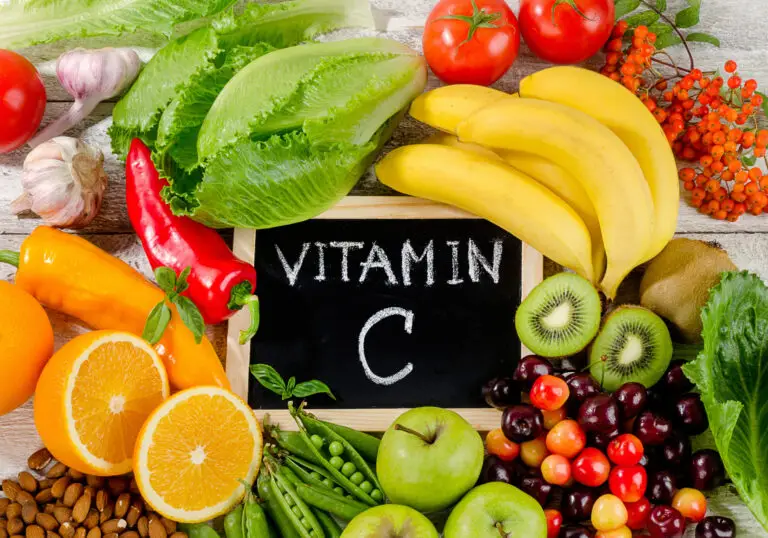Nutrients That Help Control High Blood Pressure
High blood pressure, also known as hypertension, is a common yet serious condition that affects millions of people worldwide. It occurs when the force of the blood against the artery walls is consistently too high, which can lead to severe health problems such as heart disease, stroke, and kidney failure. Monitoring and managing high blood pressure is crucial for maintaining overall health and preventing long-term complications.
What is High Blood Pressure?
Blood pressure is the measurement of the force exerted by circulating blood on the walls of blood vessels. It’s determined by two factors: the amount of blood the heart pumps and the resistance to blood flow in the arteries. Blood pressure readings are given in millimeters of mercury (mm Hg) and include two numbers: systolic pressure (the higher number) and diastolic pressure (the lower number).
- Systolic Pressure: This measures the pressure in your arteries when your heart beats.
- Diastolic Pressure: This measures the pressure in your arteries when your heart rests between beats.
A normal blood pressure reading is typically around 120/80 mm Hg. High blood pressure is defined as having a reading of 130/80 mm Hg or higher.
Types of High Blood Pressure
There are two main types of high blood pressure:
- Primary (Essential) Hypertension: This type develops gradually over many years and has no identifiable cause. It is the most common form of high blood pressure.
- Secondary Hypertension: This type is caused by an underlying condition and tends to appear suddenly. Conditions that can lead to secondary hypertension include kidney disease, adrenal gland tumors, thyroid problems, certain medications, and sleep apnea.
Causes and Risk Factors
While the exact cause of primary hypertension is unknown, several factors can increase the risk of developing high blood pressure:
- Age: The risk of high blood pressure increases as you age.
- Family History: High blood pressure tends to run in families.
- Obesity: Being overweight increases the risk of hypertension.
- Lack of Physical Activity: Inactivity can lead to weight gain and increased blood pressure.
- Tobacco Use: Smoking or chewing tobacco immediately raises blood pressure and damages the lining of the artery walls.
- High Sodium Diet: Too much salt in your diet can cause your body to retain fluid, which increases blood pressure.
- Low Potassium Diet: Potassium helps balance the amount of sodium in your cells. A lack of potassium can lead to high sodium levels in your blood.
- Alcohol Consumption: Drinking more than two drinks a day for men and more than one drink a day for women can raise blood pressure.
- Stress: High levels of stress can lead to a temporary increase in blood pressure.
Symptoms of High Blood Pressure
High blood pressure is often called the “silent killer” because it usually has no symptoms until it has caused significant damage to the heart and arteries. Some people with high blood pressure may experience headaches, shortness of breath, or nosebleeds, but these symptoms aren’t specific and usually don’t occur until high blood pressure has reached a severe or life-threatening stage.
Complications of High Blood Pressure
If left untreated, high blood pressure can lead to numerous health problems, including:
- Heart Attack or Stroke: High blood pressure can cause hardening and thickening of the arteries (atherosclerosis), which can lead to a heart attack, stroke, or other complications.
- Heart Failure: The heart has to work harder to pump blood against the higher pressure in your vessels, causing the heart’s muscle to thicken. Eventually, the thickened muscle may have a hard time pumping enough blood to meet your body’s needs.
- Kidney Damage: High blood pressure can cause blood vessels in the kidneys to become narrow and weak, leading to kidney failure.
- Vision Loss: High blood pressure can damage the tiny blood vessels that supply blood to your eyes, leading to vision problems or blindness.
- Metabolic Syndrome: This syndrome is a cluster of disorders of your body’s metabolism, including increased waist circumference, high triglycerides, low high-density lipoprotein (HDL) cholesterol, high blood pressure, and high insulin levels.
Diagnosis of High Blood Pressure
Diagnosing high blood pressure is straightforward and involves measuring your blood pressure using an inflatable cuff. Blood pressure should be checked in both arms to determine if there’s a difference. It’s important to use an appropriate-sized cuff for accurate measurement.
For an accurate diagnosis, multiple readings should be taken on different occasions. Your doctor might recommend more frequent checks if you have already been diagnosed with high blood pressure or if you have other risk factors.
Managing High Blood Pressure
Managing high blood pressure is crucial for reducing the risk of complications. Here are some lifestyle changes and treatments that can help manage high blood pressure:
- Healthy Diet: Adopt a diet rich in fruits, vegetables, whole grains, and low-fat dairy products. Reduce your intake of saturated fats and cholesterol. The DASH (Dietary Approaches to Stop Hypertension) diet is often recommended to help manage blood pressure.
- Reduce Sodium Intake: Limiting sodium in your diet can help lower blood pressure. Aim for less than 2,300 milligrams (mg) a day or less.
- Regular Exercise: Physical activity can help lower your blood pressure and manage stress. Aim for at least 150 minutes of moderate aerobic activity or 75 minutes of vigorous activity each week.
- Maintain a Healthy Weight: Losing even a small amount of weight if you’re overweight or obese can help reduce your blood pressure.
- Limit Alcohol: Drinking alcohol in moderation means up to one drink a day for women and two drinks a day for men.
- Quit Smoking: Smoking increases blood pressure and contributes to the buildup of plaque in the arteries.
- Manage Stress: Chronic stress may contribute to high blood pressure. Consider stress-reducing techniques such as yoga, meditation, or deep breathing exercises.
Nutrient Support for High Blood Pressure
Certain nutrients play a crucial role in managing high blood pressure:
- Calcium: Essential for maintaining strong bones and muscles, calcium also influences blood vessel constriction and dilation. Good sources include dairy products, sardines, and green leafy vegetables.
- Magnesium: This nutrient regulates muscle and nerve function as well as blood sugar levels. It’s involved in key cellular functions and can be found in nuts, seeds, and green leafy vegetables.
- Potassium: Helps nerves function and muscles contract while keeping the heartbeat regular. Increased potassium intake can result in increased excretion of sodium in the urine. Foods rich in potassium include bananas, oranges, and potatoes.
- B Vitamins: These vitamins promote energy, reduce sugar cravings, and help regulate mood. They also assist metabolic and antioxidant enzymes.
- Vitamin C: Known for its antioxidant properties, vitamin C protects the lining of blood vessels from damage and supports the production of collagen and neurotransmitters. Citrus fruits, strawberries, and bell peppers are good sources.
- Vitamin D: Helps regulate calcium and phosphate in the body, essential for bone health. It’s produced in the skin in response to sunlight and found in fortified foods and fatty fish.
- Coenzyme Q10 (CoQ10): A molecule naturally produced in the body, CoQ10 helps reduce blood pressure and improve blood flow. It protects against oxidative stress and supports heart health.
Prioritize Your Heart Health with CoQ10 Shots
High blood pressure is a serious condition that requires ongoing management to prevent complications. By adopting a healthy lifestyle, monitoring your blood pressure regularly, and considering nutrient support, you can significantly improve your heart health.
At IV Lounge, we offer CoQ10 IM Shots to help revitalize your body and boost your energy levels. Packed with the powerful antioxidant Coenzyme Q10 (CoQ10), this innovative formulation is designed to support your overall health and well-being. Whether you’re looking to increase your energy, support heart health, or promote cellular rejuvenation, our CoQ10 IM Shot offers a convenient and effective solution. COQ10 production drops naturally with aging, but our shots can help maintain optimal levels. Among its various benefits, it has been demonstrated to increase athletic performance, have anti-aging properties, and promote cardiovascular health.
Take charge of your heart health today. Visit our website or call us to schedule your CoQ10 IM Shot appointment and start your journey toward better health.












